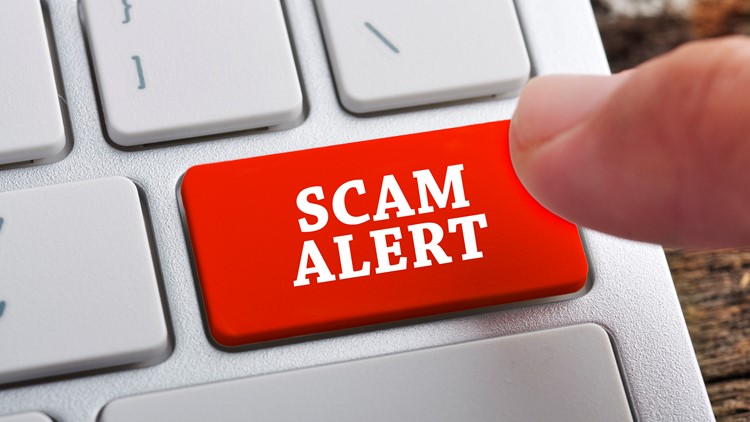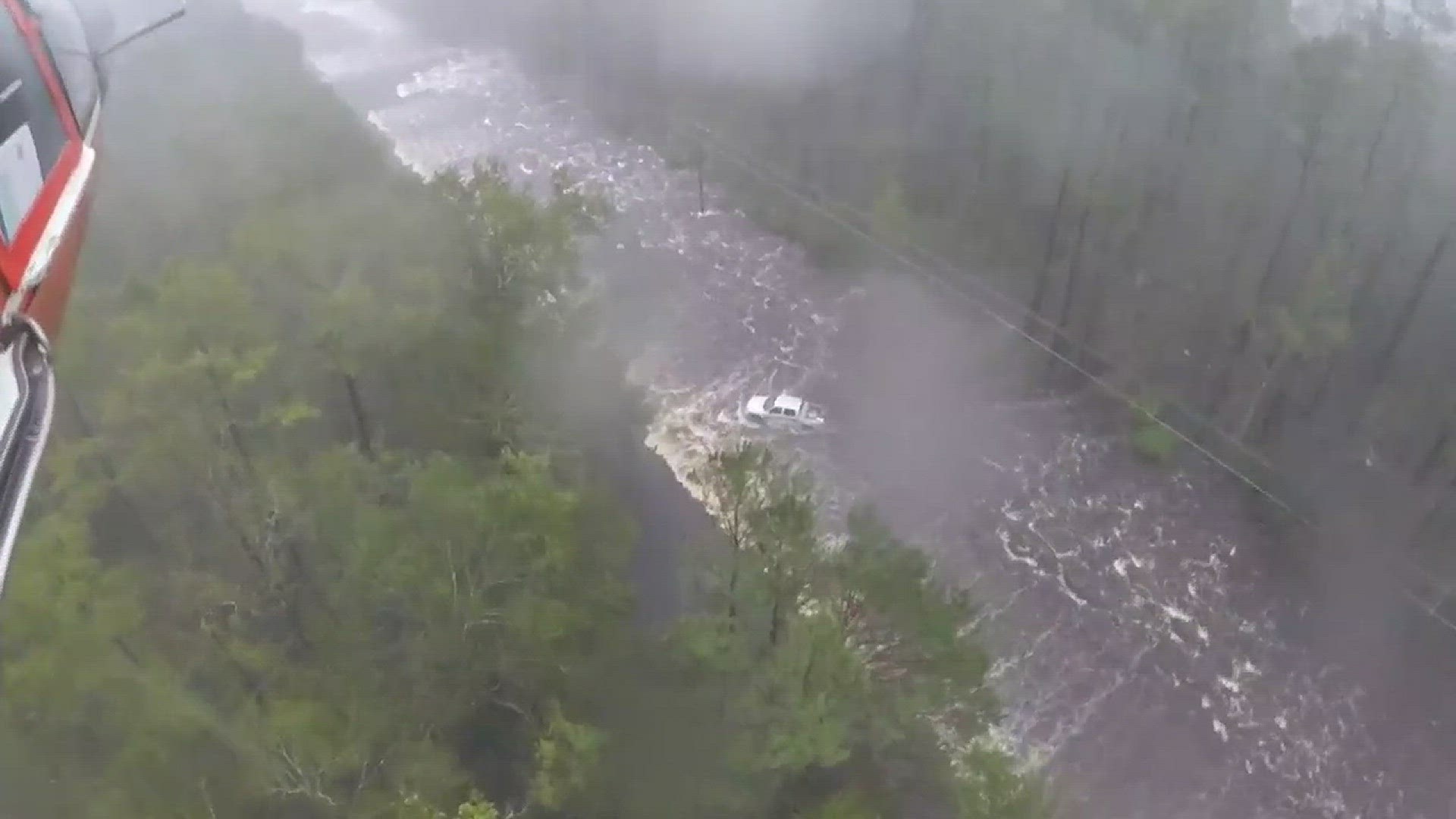Columbia, SC (WLTX) - As one storm passes, another may roll in when it comes to protecting your property.
The South Carolina Department of Labor, Licensing and Regulation is warning customers to be on the lookout for scams after Hurricane Florence. Some of the biggest problems: paying more than needed in advance and hiring unlicensed contractors.
“Honest contractors do not require large sums of money upfront,” said Janet Baumberger, administrator of the South Carolina Residential Builders Commission. “A scam artist will take your money and not perform the service as promised.”
Did you know the unlicensed practice of residential or commercial building is a misdemeanor in South Carolina? It may come with a jail sentence or fine.
All residential builders, electricians, HVAC and plumbing specialty contractors are licensed under the Residential Builder’s Commission, while specialty contractors are registered by the commission. Contractors licensed by the S.C. Contractor’s Licensing Board can also do residential building and repairs.
The S.C. Building Codes Council licenses building inspectors, and the Residential Builders Commission licenses home inspectors. To find out if your builder is licensed, visit llr.sc.gov.
LLR tips to protect property owners:
- Take photographs of damage before repairs.
- Ensure that the person or business has the appropriate professional license to engage in the work offered by going to “Licensee Lookup” at llr.sc.gov.
- If you have a question about whether the scope of work requires a license, call 803-896-4696. Many agencies or organizations may not provide reimbursement assistance to property owners if the individual or company with whom they contract does not hold the required licenses.
- Do not panic and hire someone because they are the only company who can come out to your home or business immediately.
- After assessing damage, contact local building departments for information on required permits. Your local building department has jurisdiction regarding the proper permitting for the project as well as whether and what types of inspections are required to ensure that minimum building codes are followed.
- If possible, obtain recommendations from family, friends or co-workers and require that the builder provide you with a list of professional references you can contact. The Better Business Bureau is also a source you may wish to utilize at bbb.org.
- Report unlicensed builders to LLR and your local building department.
Tips for before work begins:
- Hire only state licensed, registered and insured contractors. Additionally, depending on the scope of work being performed, residential builders and specialty contractors in this state are required to have a bond on file with the Residential Builders Commission. Anyone doing construction work must be licensed or registered by LLR.
- Don’t pay all money upfront. Wait until the work is done and you have carefully inspected it.
- Ask for a Photo ID and their SC license or registration. Write down the information and keep it in a safe place. There is no good excuse for not showing a S.C. license or registration card.
- Verify that there is no cost for an estimate before letting anyone into your home or business. View the area with the contractor and take notes.
- Don't rely on verbal promises. If possible, get more than one estimate. Make sure price comparisons are for the same procedures and materials.
- Beware of any contractor who solicits business saying he/she "has material left over from another job in the area and can give you a real good price." This is a sign you may be dealing with an unlicensed contractor or scam artist.
- Make temporary repairs to correct safety hazards. However, be wary of contractors who encourage you to spend a lot of money on temporary repairs – make sure you have enough money for permanent repairs.
- Take your time signing a contract. Don’t automatically select the lowest bidder, and make sure you fully understand any price variations.
- Require receipts for any payments made and retain those receipts for your records.
A property improvement contract must include:
- Builder’s name, address and SC license or registration number issued by the LLR.
- Approximate starting and finishing dates.
- Work to be done and materials to be used.
- Cost and terms of payment.
- Remember to get it signed!
Tips to remember during work:
- Call the local building inspector to make sure the repairs meet applicable minimum building codes.
- Inspect the job carefully to make sure the contractor is performing the work according to the contract agreement. If the work is not done correctly, do not pay until it is.
- Never pay cash. If possible, pay by credit card or check. Monitor your credit card activity for any suspicious or unauthorized transactions.
- If paying by check, make sure the check is written to the company, not to the individual making the repairs.



